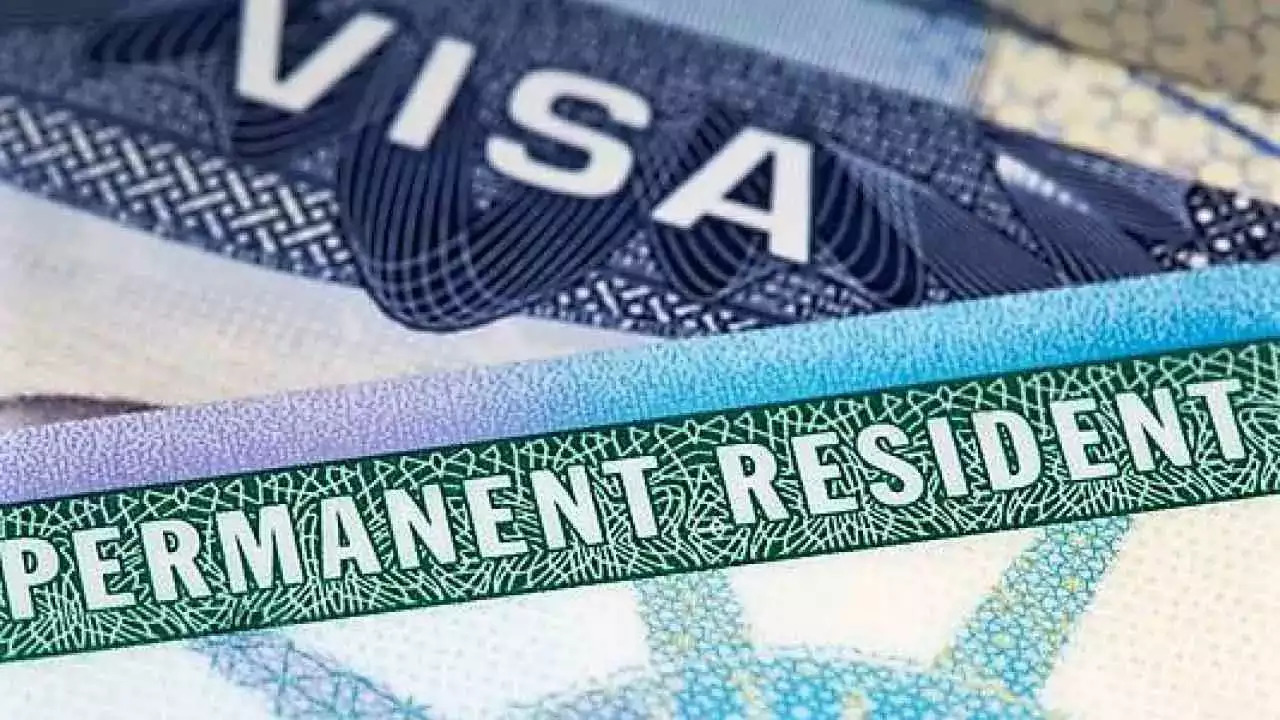
The journey to establishing permanent residency in a foreign country can be a complex and daunting process. In the United States, two primary routes lead to this coveted status: the immigrant visa and the green card. While both serve as pathways to lawful permanent residency, they differ significantly in their application process, eligibility criteria, and privileges granted. This article aims to demystify these terms and provide clarity on the immigrant visa vs green card debate.
Immigrant Visa: The Gateway to the U.S.
An immigrant visa is a travel document issued by the U.S. government to individuals seeking to live permanently in the United States. This visa is granted based on familial ties, employment, or humanitarian reasons. It serves as a precursor to obtaining a green card, providing temporary legal status for the applicant.
Key Aspects of an Immigrant Visa:
-
Purpose and Duration: Immigrant visas are specifically granted for the purpose of immigration. They allow the holder to enter the U.S. with the intention of establishing permanent residency. Unlike a green card, an immigrant visa has a limited validity period, typically ranging from six months to one year.
-
Application Process: Applying for an immigrant visa involves a meticulous procedure. It usually entails filing an immigrant petition with the U.S. Citizenship and Immigration Services (USCIS) and, once approved, completing a visa application through the National Visa Center (NVC). Afterward, an interview at the U.S. embassy or consulate in the applicant’s home country is required.
-
Eligibility Criteria: The eligibility requirements for an immigrant visa vary depending on the specific category under which the applicant applies. These categories include family-sponsored visas, employment-based visas, and special immigrant visas for refugees and asylum seekers.
-
Travel Restrictions: While holding an immigrant visa, individuals can travel to and from the U.S., but their primary residence must remain outside the country until they obtain a green card.
Green Card: The Gateway to Permanent Residency
A green card, officially known as a Permanent Resident Card, is the culmination of the immigration process. It grants its holder the legal right to live and work permanently in the United States. Unlike an immigrant visa, a green card does not have a specific expiration date, but it does require renewal every ten years.
Key Aspects of a Green Card:
-
Permanent Residency: A green card signifies lawful permanent residency in the U.S., allowing individuals to reside, work, and study without any time constraints. Holders have nearly the same rights as U.S. citizens, except for certain privileges such as voting in federal elections.
-
Application Process: Green card applications can be initiated through family sponsorship, employment sponsorship, refugee or asylee status, or various other special programs. The process is often more complex and time-consuming than applying for an immigrant visa.
-
Eligibility Criteria: Eligibility for a green card varies widely, depending on factors such as familial relationships, employment qualifications, and humanitarian circumstances. Meeting specific requirements and adhering to the application process is crucial.
-
Travel Privileges: Green card holders are allowed to travel in and out of the U.S. with fewer restrictions compared to those holding immigrant visas. However, they must maintain their primary residence in the U.S.
Making the Choice: Immigrant Visa or Green Card?
Deciding between an immigrant visa and a green card depends on individual circumstances and goals. If immediate entry and establishment of permanent residency are the primary objectives, an immigrant visa may be the appropriate choice. However, if long-term stability and a desire to fully integrate into American society are paramount, pursuing a green card may be the more prudent path.
In conclusion, understanding the distinctions between an immigrant visa and green card is crucial for navigating the complex terrain of U.S. immigration law. Both avenues represent viable options for achieving lawful permanent residency, but their application processes, privileges, and eligibility criteria differ significantly. By carefully evaluating personal circumstances and consulting with immigration experts, individuals can make informed decisions on which route best aligns with their aspirations for a new life in the United States.



